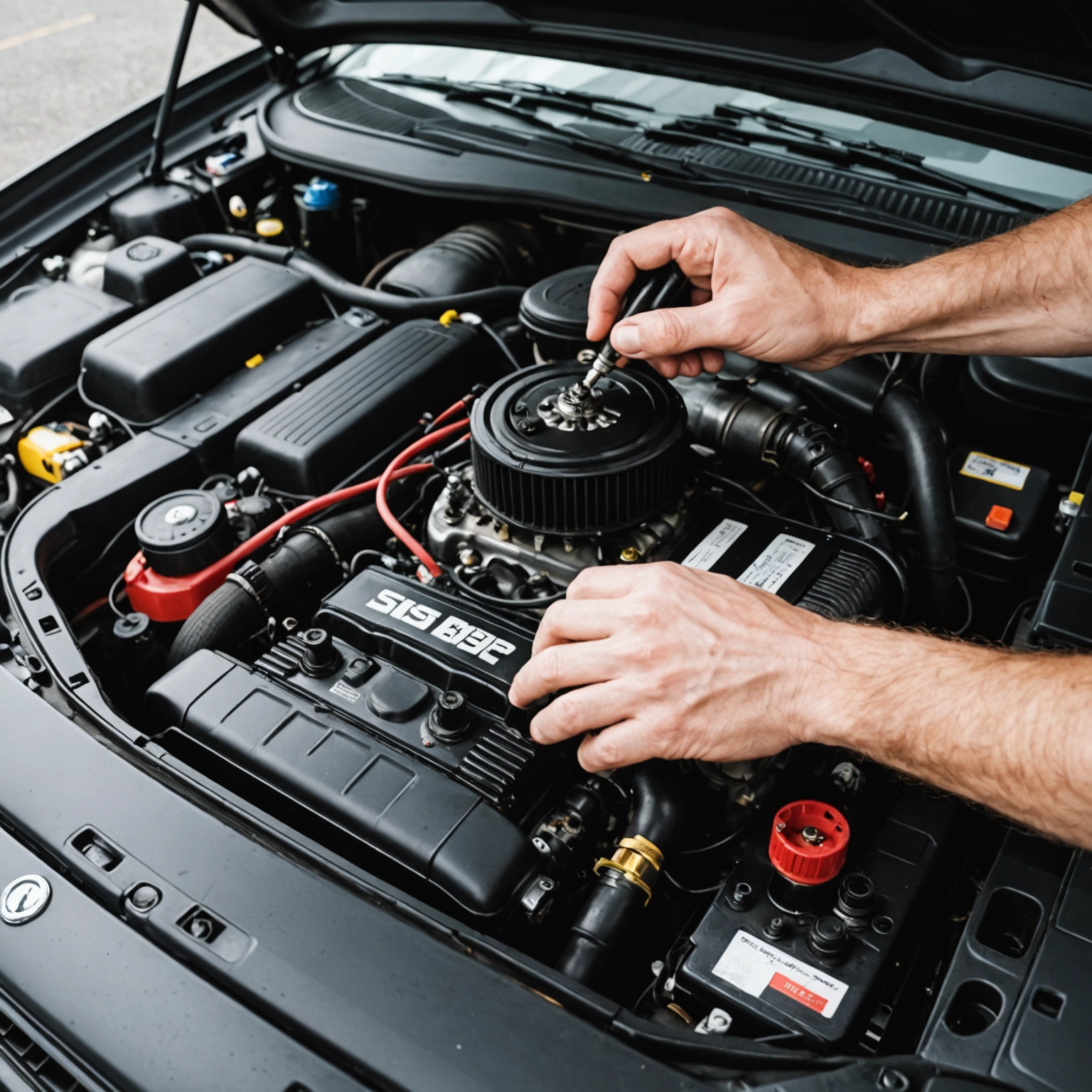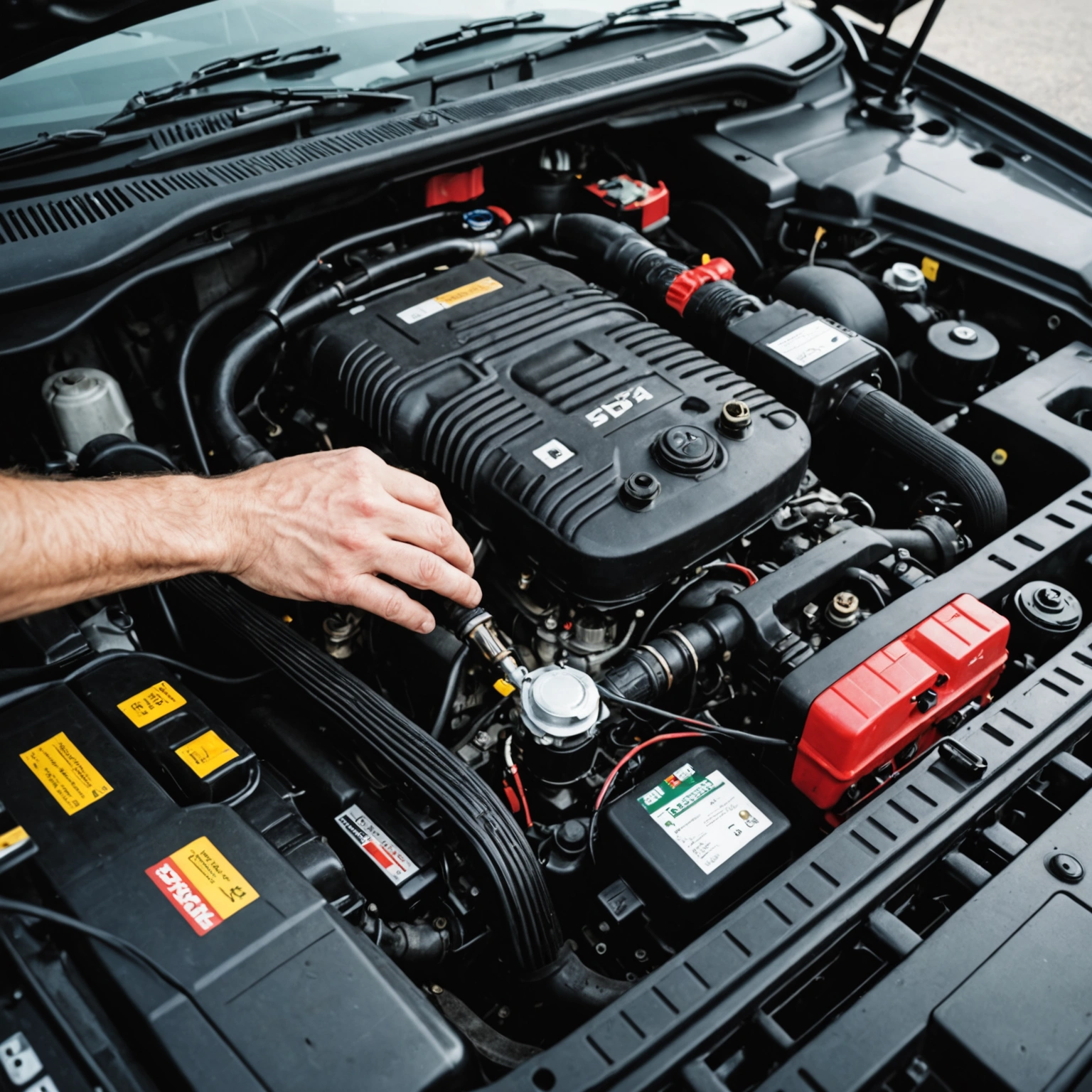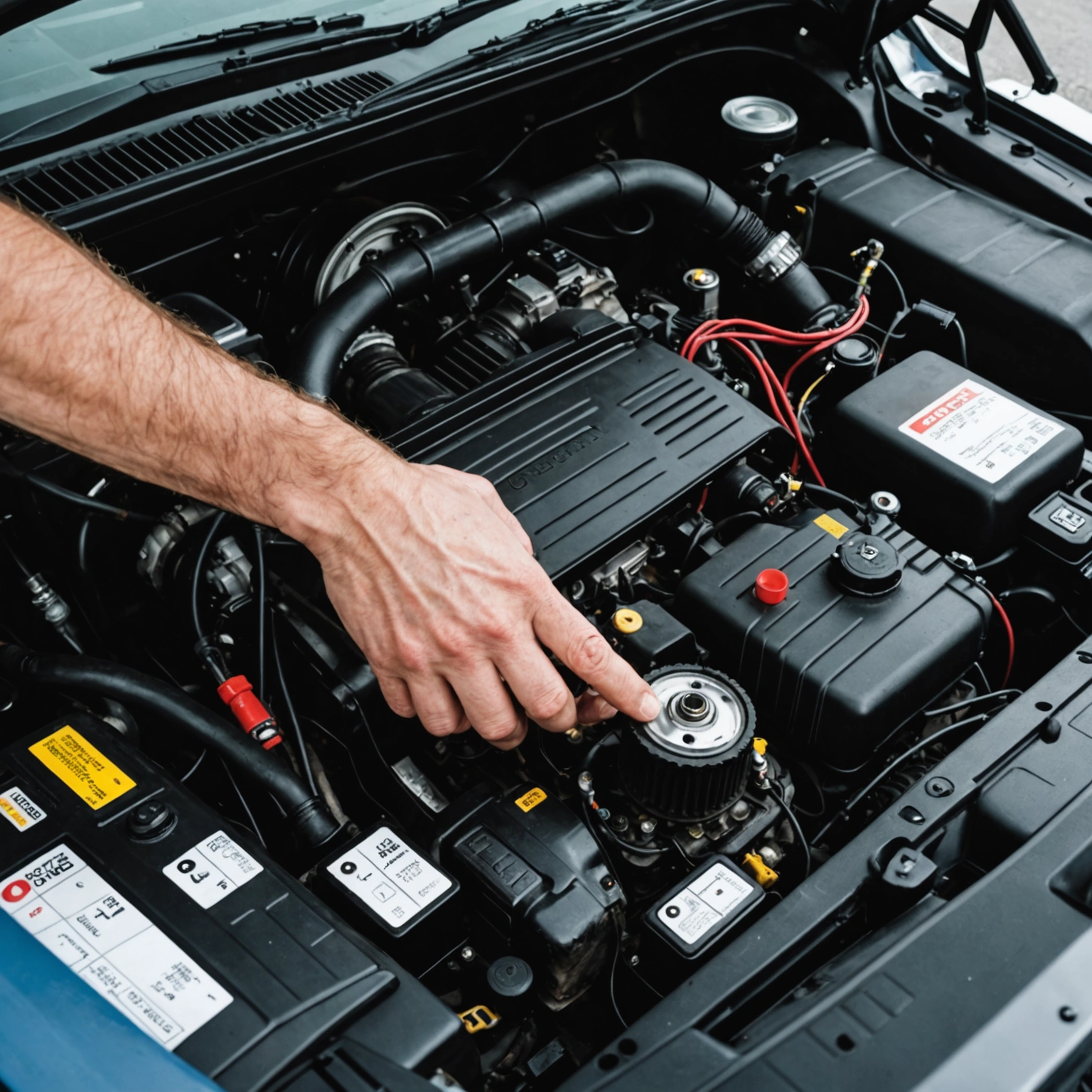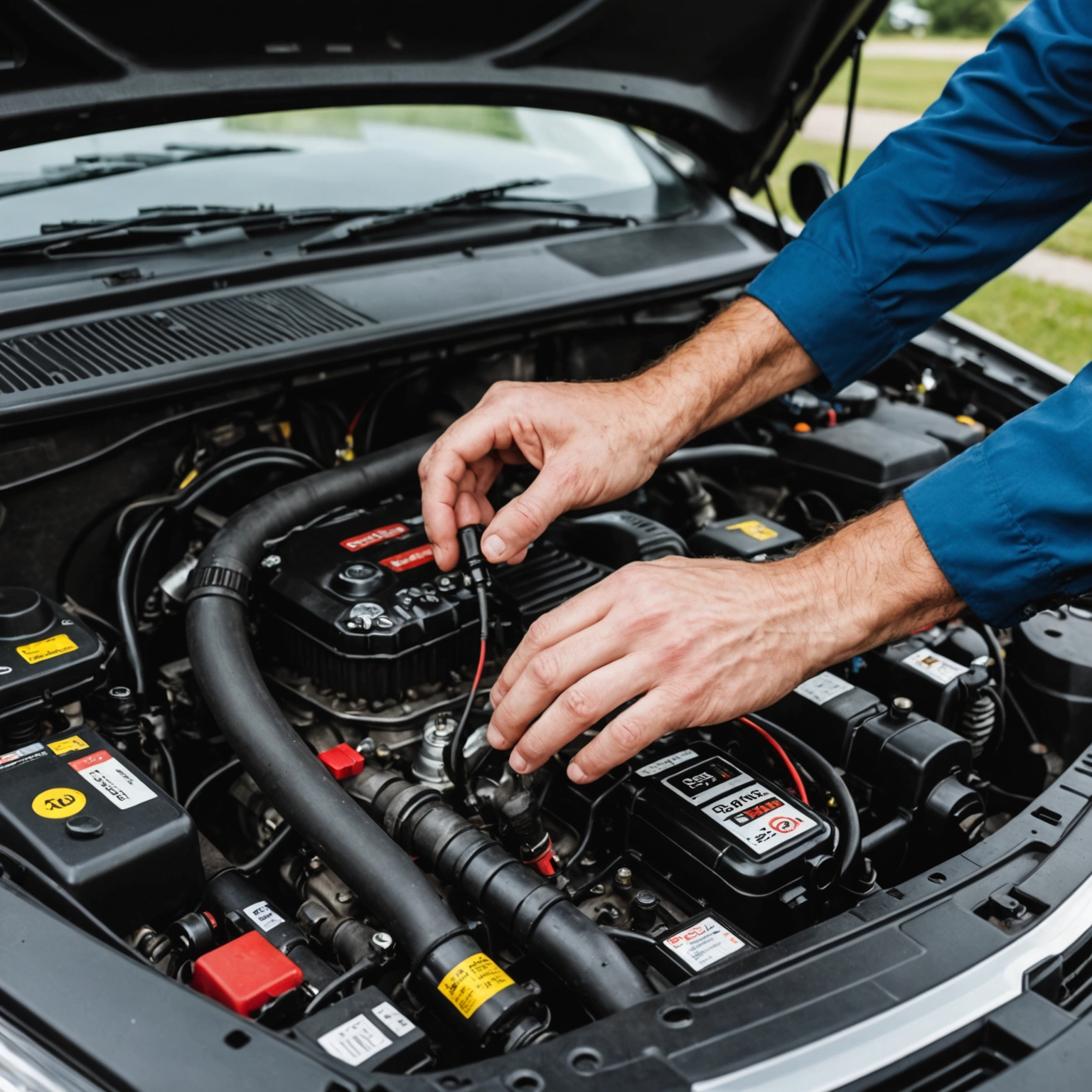**Why Does My Car Have Trouble Starting? Common Causes and Solutions**
Experiencing difficulty starting your car can be frustrating and sometimes concerning. While occasional hiccups are normal, persistent starting problems may indicate underlying issues that need attention. Understanding the common causes can help you diagnose the problem and take appropriate action. Here’s a comprehensive overview of why your car might have trouble starting and what you can do about it.

### 1. Weak or Dead Battery
**Cause:** The most common reason for starting issues is a weak or dead battery. Batteries can lose charge over time, especially in cold weather, or if electrical accessories drain power when the engine is off.

**Signs:** Slow engine crank, clicking sound when turning the key, or no response at all.
**Solution:** Test the battery with a multimeter or have it tested at a shop. If the battery is dead or weak, replacement or charging might be necessary.

—
### 2. Faulty Alternator

**Cause:** The alternator charges the battery while the engine runs. If it fails, the battery can drain quickly, leading to starting problems.
**Signs:** Dim headlights, dashboard warning lights, or the battery warning light on the dash.
**Solution:** Have the alternator tested and replaced if faulty.
—
### 3. Bad Starter Motor
**Cause:** The starter motor is responsible for turning the engine over when you turn the key or press the start button. A malfunctioning starter can prevent the engine from starting.
**Signs:** No sound or a grinding noise when trying to start.
**Solution:** A mechanic can diagnose and replace a faulty starter.
—
### 4. Fuel System Issues
**Cause:** Problems with fuel delivery—such as a clogged fuel filter, failing fuel pump, or empty fuel tank—can prevent the engine from starting.
**Signs:** Engine cranks but doesn’t start, or difficulty starting after refueling.
**Solution:** Check fuel levels and consider replacing clogged filters or faulty pumps.
—
### 5. Ignition System Problems
**Cause:** Faulty ignition switches, spark plugs, or ignition coils can cause starting issues.
**Signs:** Trouble starting, rough idling, or misfires once the engine runs.
**Solution:** Inspection and replacement of faulty ignition components.
—
### 6. Sensor and ECU Malfunctions
**Cause:** Modern vehicles rely on sensors and the engine control unit (ECU) for proper operation. Malfunctions can prevent starting or cause the engine to stall.
**Signs:** Warning lights, erratic starting behavior.
**Solution:** Diagnostic testing with an OBD-II scanner can identify electronic issues.
—
### 7. Security System or Key Fob Problems
**Cause:** Sometimes, anti-theft systems or key fobs can malfunction, preventing the car from recognizing the key.
**Signs:** No response when pressing the start button, or a security warning light.
**Solution:** Use the spare key or have the security system diagnosed and reset.
—
### When to Seek Professional Help
If you’ve checked these common issues and your car still won’t start, or if you’re unsure about diagnosing the problem yourself, it’s best to consult a professional mechanic. They can perform comprehensive diagnostics to pinpoint the exact cause and recommend the necessary repairs.
—
### Preventive Tips
– Regularly check and maintain your battery and electrical system.
– Keep fuel levels adequate and replace fuel filters as recommended.
– Follow scheduled maintenance for the ignition system.
– Address warning lights promptly to prevent further issues.
—
**In Summary:** Starting problems can stem from a variety of issues, from electrical to mechanical. By understanding these common causes, you can better troubleshoot the problem and ensure your vehicle remains reliable. Remember, timely maintenance and diagnostics are key to avoiding unexpected breakdowns and keeping your car running smoothly.
—
**Have you experienced starting issues recently? Share your stories or questions in the comments below!**

